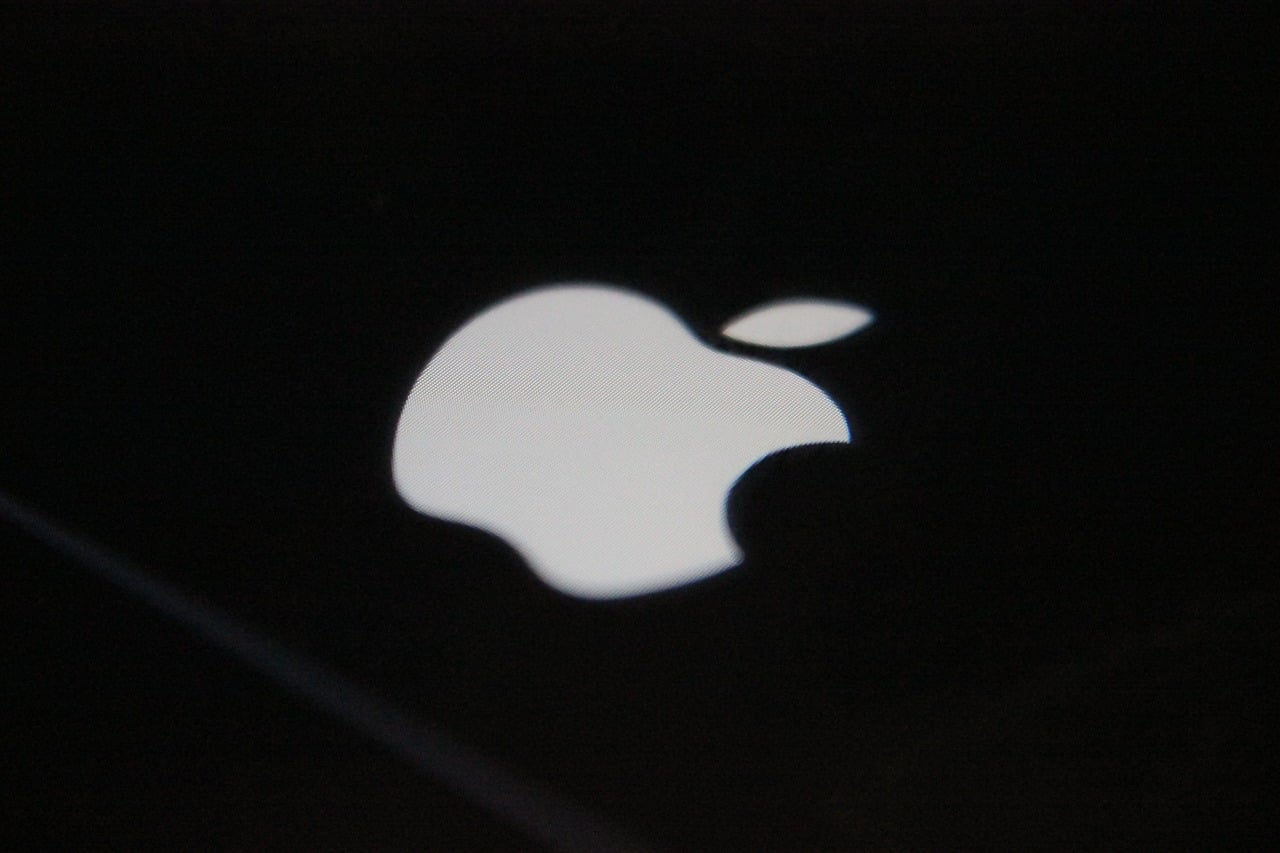Apple is a super rich company so it can afford almost anything, including hire a philosopher. Yes, Apple has had a full-time philosopher for the past several years. Though a full-time philosopher in itself is intriguing, what’s even more intriguing is that the philosopher at Apple is reportedly not allowed to talk to the media.
Philosopher at Apple – what he does
Apple, in 2014, hired Joshua Cohen as a full-time philosopher at Apple University, which was founded by Steve Jobs in 2008 to offer training programs to the employees. Cohen was formerly a political philosophy professor at Stanford University. Cohen is also a Distinguished Senior Fellow at Apple.
According to Quartz, the philosopher at Apple University (Cohen) was not allowed to talk about his work with Quartz. Further, the report noted that though the philosopher at Apple University was ready to talk about his work, he said that he needed to get permission from Apple’s press department first.
However, he was denied the permission twice, once in October 2018 and once in April 2019. Quartz also requested Apple for permission to speak with Cohen, but their request was denied.
So, apart from occasional lectures that Cohen gave while at Apple, there is absolutely no information about what his work includes. For instance, in a lecture in Toronto in 2016, Cohen talked about how pianist Glenn Gould could use technology to create even more inspiring music.
According to a music-centric website ludwig-van.com, Cohen originally gave a similar lecture to the Apple employees. The website also said that Cohen’s job at Apple is “to identify the best things and explicate them.”
Cohen, who is also a co-editor and contributor to the Boston Review, wrote in 2017 that New York City’s Central Park is a good example of how public good helps to maintain democracy. “Central Park thus needed to be a place for the people, and not simply for persons, and thus help to shape a sense of a we,” the philosopher at Apple wrote.
Apple University – secretive as well
Moreover, the workings of Apple University are kept secretive as well. It is common for a big corporation to have their own training program, but it is uncommon to be secretive about them. When the university was launched, many expected it to offer a regular MBA program, but now we know it has a philosophy department as well.
In 2011, AppleInsider reported about the university, saying it aims to “internalize the thoughts of its visionary founder to prepare for the day when he’s not around anymore.”
Apple University is headed by Joel Podolny, who is a former dean of Yale University’s School of Management. Other high-profile faculty at the university include Richard Tedlow, a former historian of business at Harvard University, and Morten Hansen, previously a professor of management at the University of California-Berkeley.
Apple’s strict control over the highly secretive university is evident from the fact that a few employees agreed to speak to the New York Times in 2014 only on the condition of anonymity. The employees said that they learned how Apple’s products are comparable to Picasso’s artwork, as both share “elegant simplicity.”
Then in 2015, a source told Business Insider that Apple University trains employees to be the very best at one specific task. “You are not to go step on anyone else’s feet,” a source told BI. “There’s tons of stuff you have no business with.”
There is no other information on Apple University, including what professors do there, what they teach, its syllabus, which employees have attended it or how those teachings reflect in Apple products.
A concerning trend
The Quartz report suggests that Apple University reflects a bigger trend, where academics are leaving their jobs at public universities and are choosing a closed corporate setting. This means that more and more scientists, engineers and other academics are not contributing their research to public knowledge.
Quartz also cited a report to highlight this trend. As per data from Pacific Science, over half of the university-hired scientists left academia in just five years of joining in 2010. In the 1960s, it took 35 years for the same percentage of university-hired scientists to leave academia.
There are certainly benefits of working in a private company, including more funding, less bureaucracy and more. However, the research conducted in such a closed setting would primarily be used for the betterment of the company, rather than for the society.





